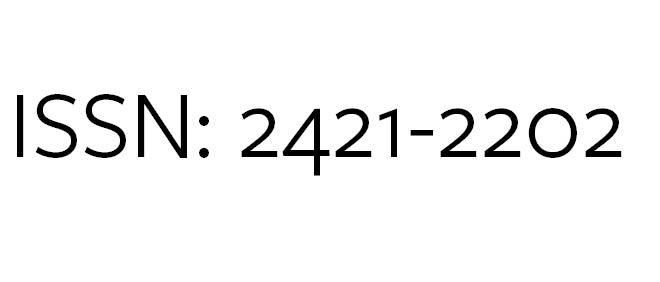Interviste / Interviews
Interviste
Interviews
a cura di Annamaria Di Fabio
Università degli Studi di Firenze
Interview to Violetta Drabik-Podgórna – Institute of Pedagogy, University of Wrocław
On June 6th-8th, 2016, an international conference on Career and Life Design Interventions for sustainable development was held in Wrocław (Poland) by the UNESCO Chair on Lifelong Guidance and Counseling, under the scientific guide of Jean Guichard, and the European Society for Vocational Designing and Career Counseling (ESVDC)
As principal organizer of this event, do you please delineate the most relevant aspects?
Conference facts
The conference stirred a considerable interest in the scholarly and counselling community. It assembled participants representing 18 countries and 40 universities and research centres. Besides scholars and researchers, the conference proved appealing to members of counsellors’ associations, counselling professionals, PhD candidates and students of counselling and education. All in all, the conference was attended by over 150 people. In plenary sessions and in workshop groups, all those gathered attempted to answer the key question of he conference: Should career and life designing interventions contribute to fair and sustainable development and to the implementation of decent work over the world (if so: how can they)?
The idea of sustainable development, one of UNESCO’s recent focal points and priorities, comprises mindful attention to both natural and human resources. It calls for developing new concepts of civilisation development, improving access to decent work, transforming models of thinking, stimulating moral responsibility and promoting such ways of life that enhance the quality of life. It is in this context that career and Life Design interventions acquire a special prominence and relevance. Education for the future requires a new model of support-provision – one that would be open-minded, adjusted to the cultural context and equipped with innovative tools and methods skilfully applied to foster individual independence and conscious global citizenship. To accomplish such goals, we need to revisit the anthropological origins of education and design subject-oriented, dialogue- and partnership-based interventions.
The conference and the European Capital of Culture
Notably, this year’s conference took place in Wrocław, the 2016 European Capital of Culture. Called “a meeting place,” Wrocław is a modern, open, attractive, lively and vigorous city. It is a multicultural space of peaceful coexistence of diversity, tolerance and mutual respect – a site that harmoniously fuses tradition and modernity. In this context, the conference, focused on the issues of sustainable development, was perfectly aligned with the aims of the ECC. Civilisation cannot possibly develop without culture, and culture, obviously, encompasses multiple spheres of life, including lifelong counselling, which, we firmly believe, should be accessible to all.
We hope that although the conference programme was very rich and busy, the participants used ample opportunities to get immersed in our exceptional city.
The impact of the UNESCO Chair
Ever since its foundation at the University of Wrocław in 2013, with the relevant scientific guide of Jean Guichard, and the international conference in 2015 at the University of Florence organized by Annamaria Di Fabio and Jean Guichard, the UNESCO Chair has been committed to developing international collaboration. Steadily built over the years, the grid of contacts it has helped establish and maintain makes it possible to bring together an authoritative body of competence and a transnational network of resources, research development, education and professionalization of counselling practice.
In this way the Chair UNESCO, as underlined by Guichard, could promote research, training, information and interventions in the field of guidance and counseling, decent work for decent and sustainable life.
Note
1 A
© 2016 Edizioni Centro Studi Erickson S.p.A.
Tutti i diritti riservati. Vietata la riproduzione con qualsiasi mezzo effettuata, se non previa autorizzazione dell'Editore.



